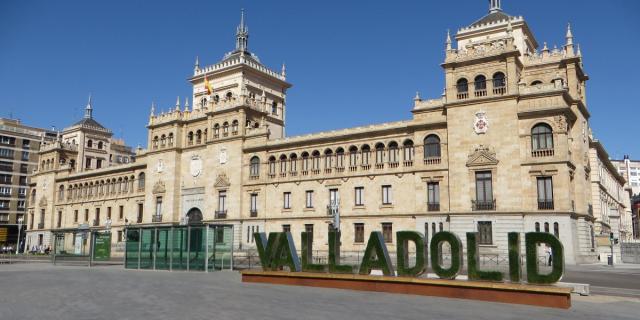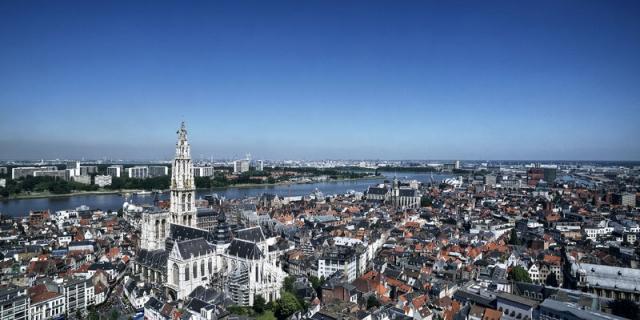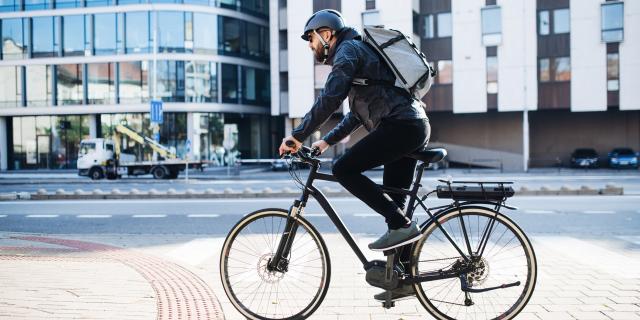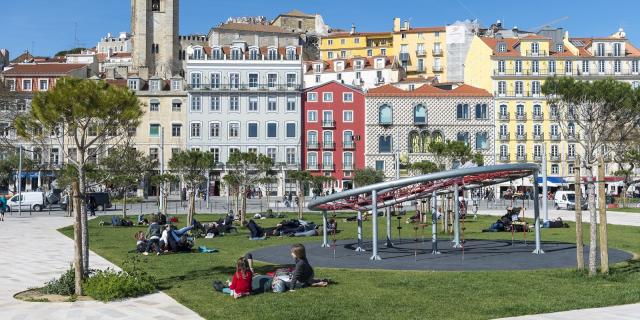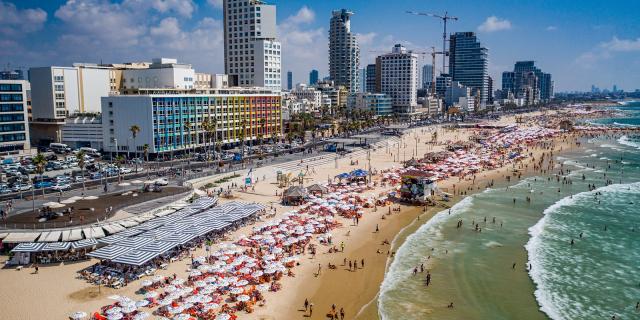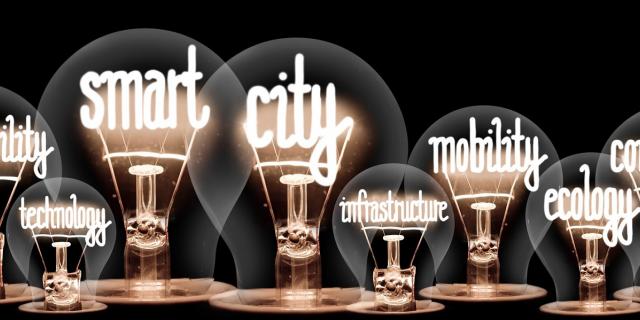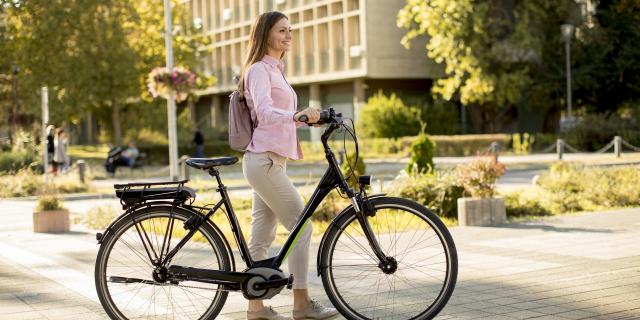What is a Smart City?
You will find different definitions of the concept, various Smart City indexes, and different rankings.
From a mobility perspective, a possible definition could be the following:
Thanks to data, infrastructures, connectivity and new technology, Smart Cities want to improve their residents’ quality of life (safety, security, air quality, health are examples) in a sustainable environment, offering efficient public transports, multi modal mobility and working closely with the private sector. Of course, regulations and policies are implemented in order to accommodate these changes. In France, the city of Lyon wants to exclude diesel car by 2026. In the UK, cities will ban ICE vehicles from 2030 and hybrid from 2035. All these decisions will have an impact on mobility modes in the city centers and city dwellers will have to change their habits.


